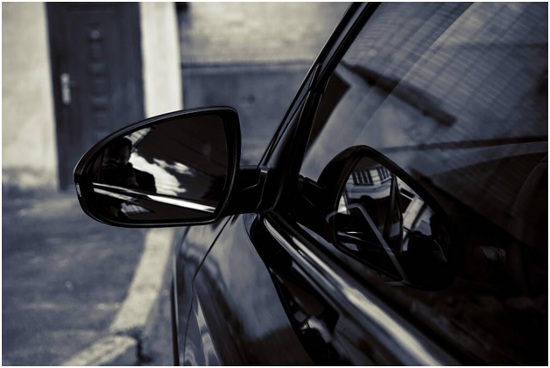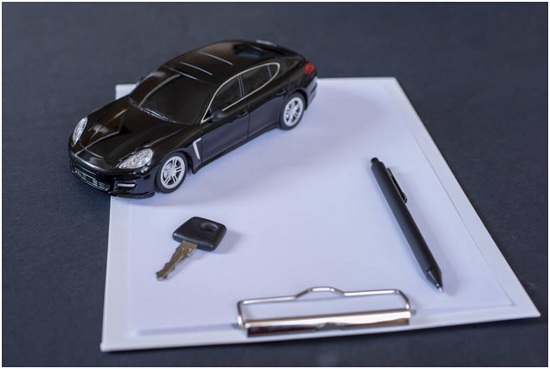Things to remember when dealing with a dealer.
The most important thing to remember when dealing with dealers is to be aware of the potential for scams. There are many ways that dealers can take advantage of buyers, so it is important to be informed and to know what to look for. There are also a few things that buyers can do to protect themselves, such as getting a vehicle history report and being prepared to negotiate. With a little knowledge and preparation, buyers can successfully navigate the world of dealers and used cars.


Tips for negotiating with a car dealer.
If you’re in the market for a new car, you’re likely to find yourself negotiating with a top used car dealer in Singapore at some point. Here are some tips for getting the best deal:
- Do your research. Know what you want and what you can afford before you start talking to dealers. This will help you stay focused and avoid being swayed by sales tactics.
- Know the dealer’s bottom line. Before you start negotiating, find out what the dealer’s bottom line is. This is the lowest price they’re willing to accept. You can get this information by calling around to different dealers or by using an online tool like TrueCar.
- Don’t be afraid to walk away. If the dealer isn’t willing to meet your price, don’t be afraid to walk away. There are plenty of other dealers out there who would be happy to do business with you.
- Be willing to compromise. negotiating is all about give and take. If you’re not willing to budge on your price, the dealer won’t be either. Be prepared to compromise on things like the price, trade-in value, financing terms, etc.
How to spot a good deal on a used car?
If you’re in the market for a used car, you want to make sure you’re getting a good deal. But how can you tell if a car is a good deal or not? Here are a few things to look for:
- The car’s price should be lower than the Kelley Blue Book value. This is the standard used to determine the value of a used car, and you can find the Kelley Blue Book value online.
- The car should be in good condition, both inside and out. If it’s in poor condition, it’s likely that the price will reflect that.
- The car should have a clean history report. This means that it hasn’t been in any accidents and there are no outstanding recalls.
- The car should come with a warranty. This will protect you in case anything goes wrong with the car.
- The dealer should be willing to negotiate on the price. If they’re not, that’s a red flag.
If you keep these things in mind, you should be able to spot a good deal on a used car.
Financing options when buying a used car from a dealer.
If you’re planning to finance a used car from a dealership, you have a few options to consider. You can get financing through the dealership, through a bank or credit union, or online.
Dealership financing is convenient, but it may not be the best option. The interest rates on dealer loans are often higher than rates from banks or credit unions. And, if you have a problem with the car later, the dealership may be less likely to work with you if you’re not financing through them.
Bank and credit union loans are usually the best option, but they can take longer to get than financing through a dealership. You’ll need to shop around for the best interest rate and make sure you can qualify for the loan.
If you’re buying a used car from an individual, you may be able to get a personal loan from a bank or credit union. But, if the car is from a dealership, you’ll likely need to finance through the dealership.
There are also a few online lenders that specialize in auto loans. These can be a good option if you have good credit and want to get a loan with a low-interest rate. But, be sure to compare multiple lenders to make sure you’re getting the best deal.
What to look for when inspecting a used car?
When looking to buy a used car, it is important to inspect it thoroughly before making a decision. Here are a few things to look for:
- Check the exterior for any dents, scratches, or rust.
- Inspect the tires for any wear and tear.
- Test all the lights to make sure they are working.
- Open and close all the doors to check for any issues.
- Look under the hood for any leaks or damage.
- Start the car and listen for any strange noises.
- Take the car for a test drive to see how it handles.
- Have a mechanic inspect the car before making a final decision.


By following these tips, you can be sure to find a used car that is in good condition and will serve you well for many years to come.
















